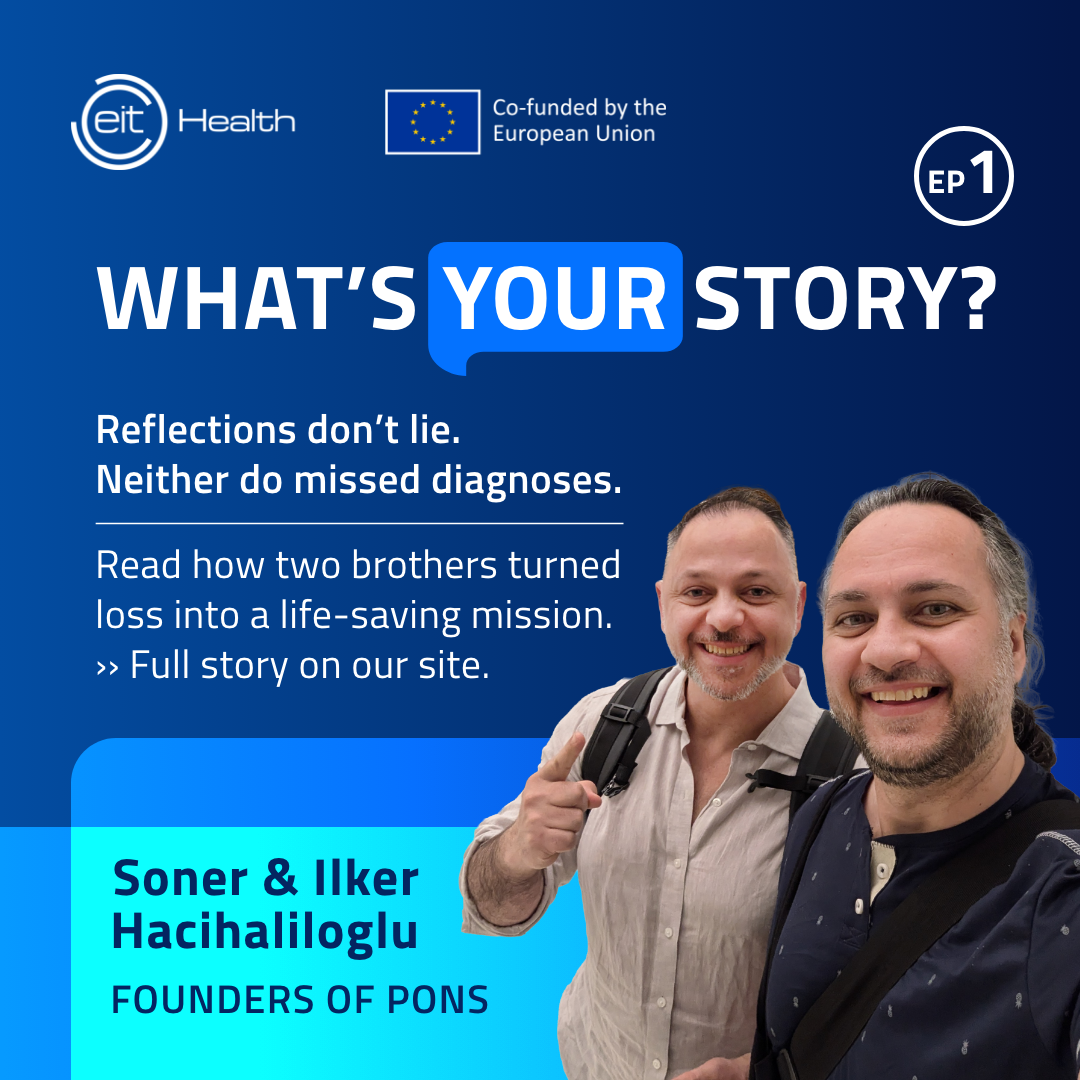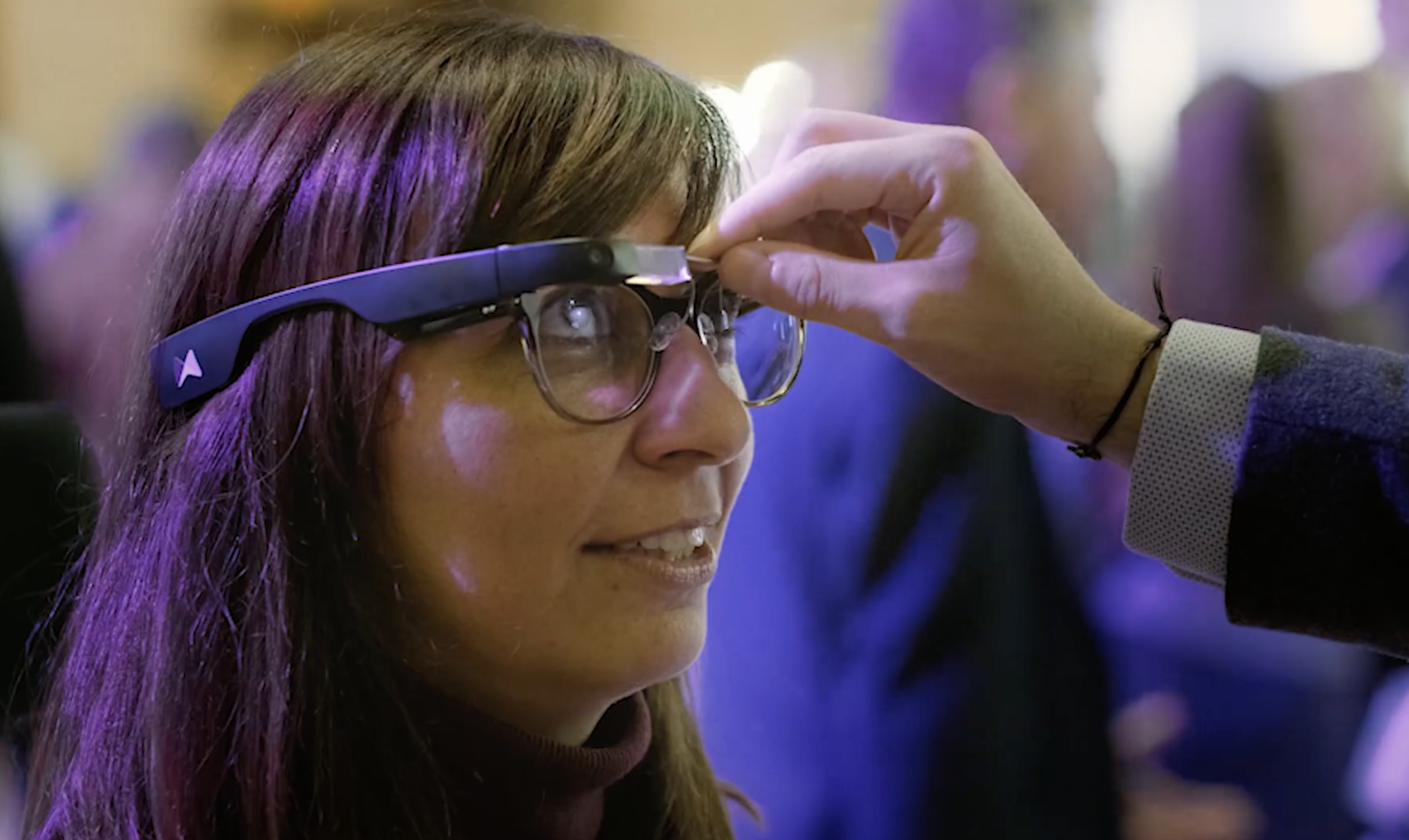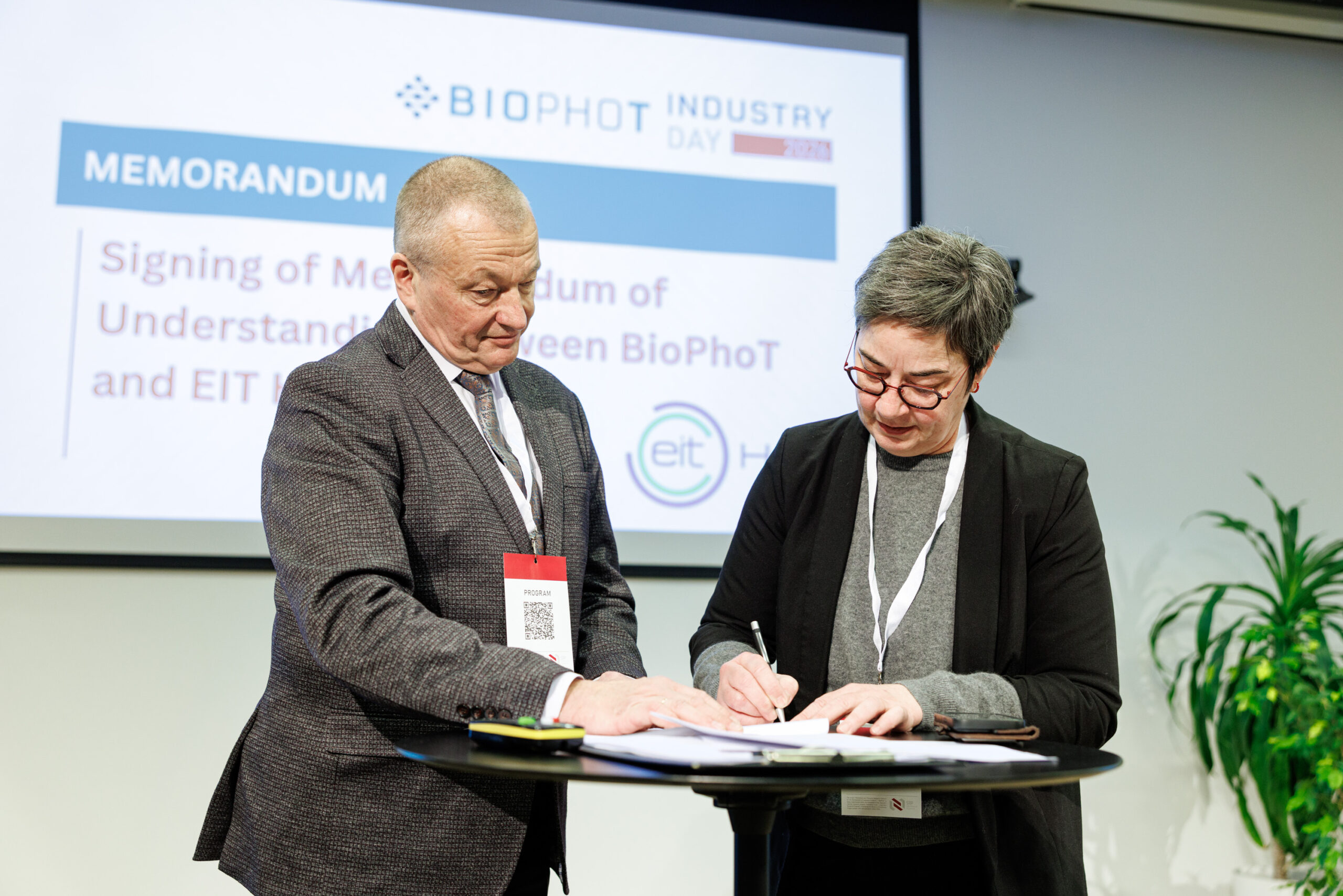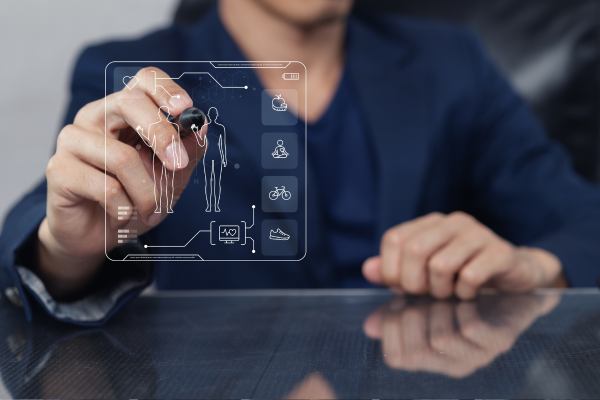17th September 2025
They mirror images to most, but not to each other. One has blue eyes, the others are hazel. Ilker is methodical, and Soner moves fast. Ilker sees code and algorithms; Soner sees people and markets. But the bond between them is stronger than any contrast. They’re twin brothers and the co-founders of PONS.
Their story didn’t begin in a lab or at a pitch competition. It began in grief.
“We lost our father to a preventable condition because we couldn’t monitor his health. A retired physics teacher and the kindest man we knew, he passed away at just 65. Subtle symptoms, overlooked appointments, a sudden brain bleed, and he was gone. Then, at the age of 55, our aunt, a vibrant woman of 55, was diagnosed with Stage 4 breast cancer. She was gone within half a year. Dense breast tissue had masked the early signs. Traditional scans missed what ultrasound, with the right AI, might have seen”.
Two vibrant lives, gone too soon. And for the Hacihaliloglu twins, it was too much to ignore. That’s when they realised: access to early diagnostics shouldn’t be a privilege. It should be the standard. And it shouldn’t start in a hospital. It should begin wherever people are — at homes, rural villages, and underserved communities.
Europe has made clear strides in early diagnostics, with rising screening rates and funded targets aiming to reach 90% participation by 2025[1]. However, significant screening uptake and investment disparities remain, especially across Eastern Europe and underserved communities. Emerging technologies like AI-enhanced ultrasound present promising pathways to improve early detection and equity.
That’s how PONS was born, a healthtech start-up making AI-enhanced ultrasound accessible to communities left behind by traditional healthcare systems. Portable, affordable, and device-agnostic, the company transforms basic ultrasound into a powerful tool for early disease detection, especially for women, the elderly, and underserved populations. Their technology enhances shape visibility and contrast in dense tissues, without chemical injection, bringing clarity where mammograms often fail.
Twin synergy: two minds, one mission
Soner Hacihaliloglu, CEO of PONS and his twin brother, Prof. Ilker Hacihaliloglu, the so-called “brain behind PONS technology”, decided to build together not a unicorn but a legacy. How is it to run a business with your twin? It helps that they’ve been doing this “teamwork” thing for over 40 years. “We don’t have a boardroom ritual or a secret handshake. What we have is trust built, sharpened by love and loss.”, underlines Soner.

While Soner climbed the ranks at Siemens, scaling business units, securing millions in revenue, and scouting emerging tech, Ilker pioneered ultrasound AI systems in academia. His research has led to patents, top-tier publications, and award-winning endometrial and spinal diagnostics breakthroughs. They don’t just split roles; they sync. Soner brings in market insights, and Ilker translates them into R&D priorities. Ilker innovates the tech, Soner shapes the go-to-market roadmap. The result is a rhythm that moves faster than most start-ups dream possible.
“Ilker and I often joke we’re two halves of the same mind. We argue, we sync, we challenge each other — and we finish each other’s thoughts. He’s the tech lead. I handle the business. But our roles are fluid. My conversations with patients and providers shape his R&D roadmap. His breakthroughs in AI open new markets for me to explore. Every decision we make is filtered through one question: *Will this help someone like our father or aunt sooner?”
Not just another start-up
PONS isn’t a spinout chasing Silicon Valley hype. It’s not interested in unicorn headlines or startup clichés. “We’re not building this to exit,” Soner says. “We’re building this because no one should lose their dad, their aunt, or their future to a disease that could’ve been caught early.”
Their solution improves image quality, reduces noise, and uncovers tissue shape changes, detecting abnormalities before symptoms arise. There is no need for chemical contrast, bulky equipment, or a hospital. And their work is catching attention.
To date, over 1,000 pilot scans and 2.5 million images have been analysed, and collaborations have been made with Roche, Bayer, Medical Park Hospital, and now the Mayo Clinic.
The InnoStars chapter: fuel for impact
Last year, PONS joined the EIT Health InnoStars Connect programme. It wasn’t just a badge of honour but a turning point. They met mentors, refined their go-to-market strategy, and, most importantly, found believers in their vision. “InnoStars helped us to access key people in Chiesi Group, who shared important information, and now we are in discussions to start a pilot project and partnership with them.”
They don’t just want exposure; they want partnerships. Siemens, Roche, Bayer — these aren’t logos to them. They’re potential allies in rewriting how and where diagnostics happen. Their goal? Turn proof of concept into standard of care. And do it with Europe’s best by their side.
The hard lesson: technology must speak human
“The biggest lesson? If there’s one truth our journey has taught us, it’s this: innovation begins with listening. You can build the most advanced AI in the world, but if it doesn’t connect to real pain, to real people, it will stay on a shelf. We’ve sat in rural clinics, listened to overwhelmed nurses, and held hands with patients who thought they had no options left. Their stories fuel every line of code, every partnership pitch, every late-night sprint.”, underlines Soner.
That’s their promise — not just to investors or advisors, but to every family like theirs.
What’s next for PONS?
They’re scaling pilots in Europe and North America, building alliances, and seeking visionary partners who see healthcare not as a product but as a promise. Because the PONS story is about science, family, and second chances, it reminds us that innovation doesn’t always come from funding rounds or lab breakthroughs but from the most human place of all: loss, love, and the courage to do better.
[1] Council updates its recommendation to screen for cancer – Consiliuma
When Ideas Meet Ambition - How Impact Happens at EIT Health

How Impact Happens at EIT Health
EIT Health and BioPhoT Sign Memorandum of Understanding to Strengthen Health Innovation Collaboration

Strengthening health and life-science innovation in Latvia
